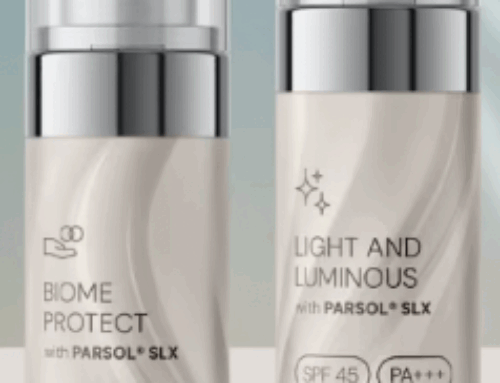The Humane Cosmetics Act (HCA) is a pivotal piece of legislation aimed at ending the use of animals for testing cosmetic products in the United States. The bill was initially introduced to protect animals and promote cruelty-free alternatives in the beauty and skincare industry. With the growing support for animal rights and the development of more ethical testing methods, the HCA is making its way back into the legislative spotlight in 2025.
The Origins of the Humane Cosmetics Act
The first version of the Humane Cosmetics Act was introduced in 2014 with the goal of eliminating the use of cosmetic animal testing. Cosmetic animal testing refers to the exposure of any cosmetic product, ingredient, or nonfunctional constituent to the skin, eyes, or other body part of a live non-human animal to assess the safety or effectiveness of the product or ingredient for cosmetic use.
The original bill was a response to a growing outcry from animal rights groups and consumers who were increasingly concerned with the inhumane practices involved in testing products on animals. Prior to this legislation, animals were subjected to painful and often lethal testing to assess the safety of cosmetic products, which led to widespread public opposition.
Unfortunately, it failed to pass in Congress. Though the original bill did not pass, it paved the way for continued advocacy efforts to protect animals in the beauty industry. Over time, many countries, including the European Union and India, passed similar legislation, banning the sale of cosmetics that have been tested on animals. However, the United States had lagged behind in this regard, with some states like California and New York enacting their own state-level bans on animal testing for cosmetics. Despite these efforts, a nationwide ban was still lacking, and that’s where the Humane Cosmetics Act comes in.
Goals of the 2025 Humane Cosmetics Act
The 2025 reintroduction of the Humane Cosmetics Act (H.R. 1657) marks a significant step forward in the effort to end animal testing for cosmetic products in the U.S. This bill, which was introduced in February 2025, seeks to substantially restrict the use of animals in cosmetic testing and accelerate the adoption of modern, cruelty-free testing methods.
The key provisions of the bill are clear: It would ban the testing of cosmetic products and their ingredients on animals, while also prohibiting the sale of cosmetics in the U.S. that have been tested on animals abroad. This mirrors similar bans already in place in the European Union and other countries, which have successfully transitioned to more humane and scientifically advanced testing methods. The 2025 bill is also expected to support the development of alternative methods to animal testing, such as computer modeling, organ-on-a-chip technology, and other advanced scientific methods that can accurately assess the safety of products without causing harm to animals.
Importance of the 2025 Reintroduction
The reintroduction of the Humane Cosmetics Act in 2025 comes at a critical time for the cosmetics industry, as consumers are increasingly demanding transparency, ethical practices, and cruelty-free products. Many major beauty brands have already adopted cruelty-free practices, opting to invest in alternative testing methods. The passing of this bill would standardize these practices across the country, ensuring that no company can sell cosmetics that have been tested on animals.
In addition, it would align the U.S. with global trends and regulations, promoting a more ethical and competitive cosmetics industry. International brands would no longer have to navigate the complexities of selling in different markets, as the U.S. would be in alignment with Europe, which has long enforced a ban on animal testing for cosmetics. This shift could also prompt more research and development into non-animal testing methods. It would benefit not only the cosmetics industry but also pharmaceutical and medical research.
What Does This Mean for the Future?
If the Humane Cosmetics Act passes in 2025, it will signal a major shift in U.S. regulations, moving the country closer to a cruelty-free future. For cosmetic companies, this means embracing and investing in alternative testing methods that are not only more humane but also more innovative. For consumers, it means greater confidence in the products they purchase, knowing that they are not supporting harmful practices. The 2025 reintroduction of the Humane Cosmetics Act is not just about banning animal testing, but it is about fostering a shift toward more sustainable, ethical, and innovative practices in the beauty industry.





